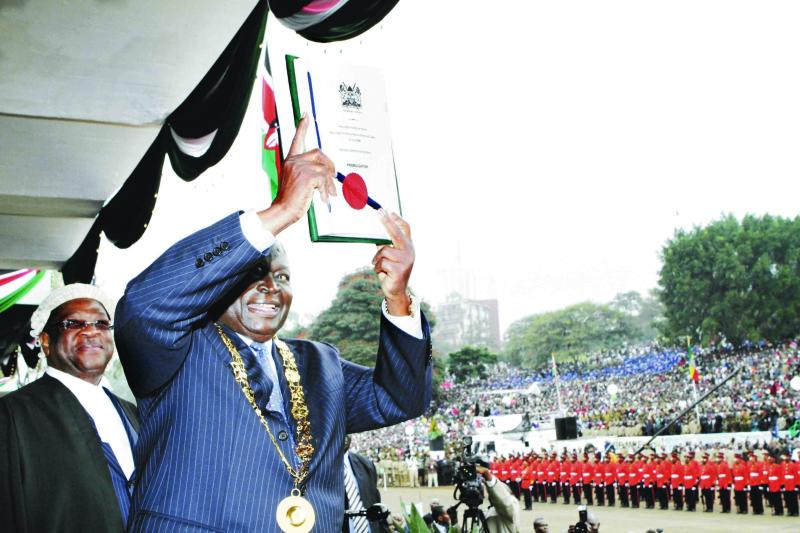×
The Standard e-Paper
Stay Informed, Even Offline

Last week, the Court of Appeal, in a majority ruling, upheld the decision of the High Court that invalidated the Constitutional (Amendment) Bill 2020 three months ago.
The appellate court affirmed virtually all the findings of the High Court including the unconstitutionality of the BBI process.